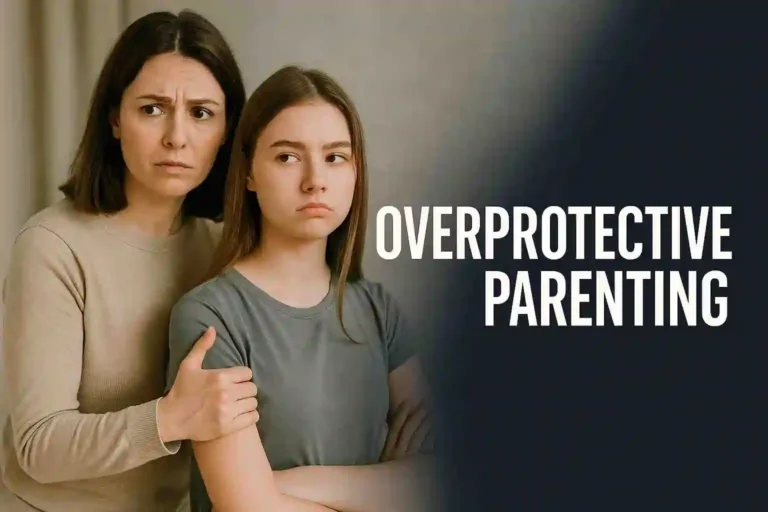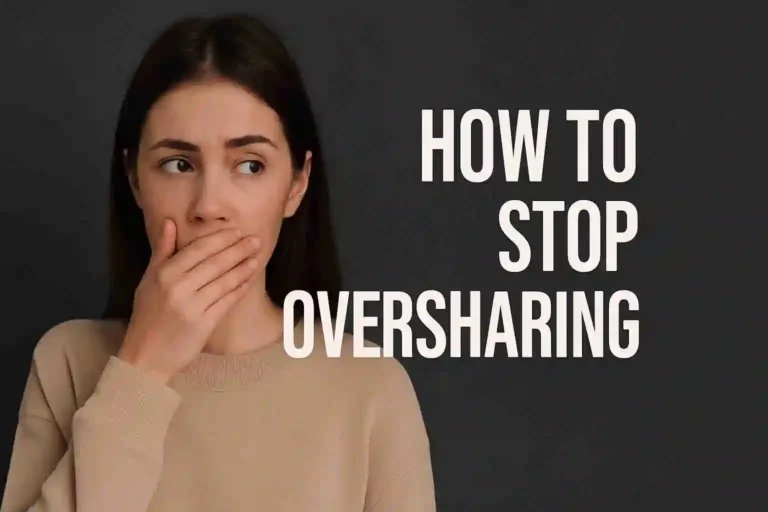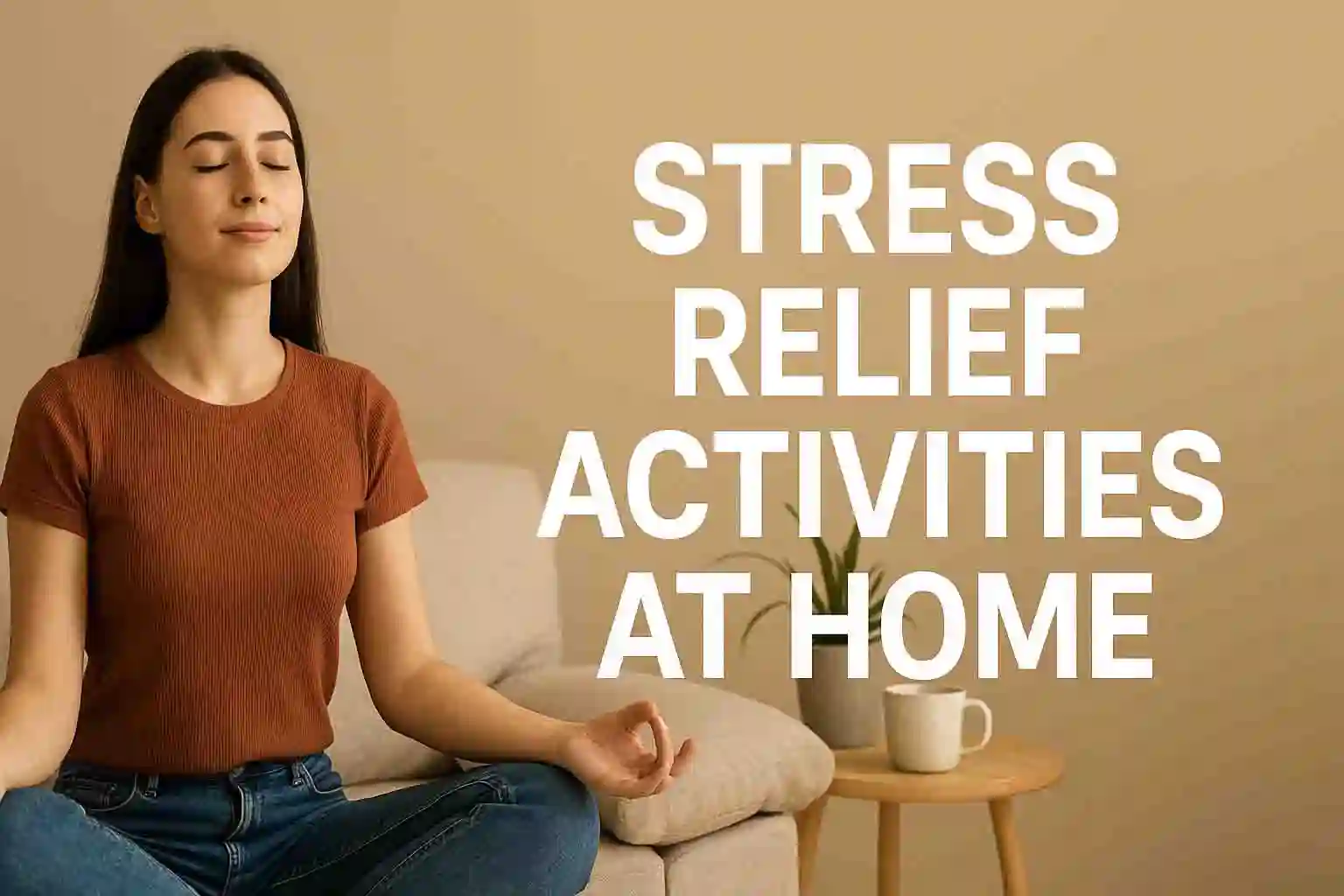Nervous Around People You Know? Learn Why and What to Do
Feeling nervous around people you know is more common than you think. It’s not just about talking to strangers — sometimes, it’s even more stressful to walk into a room full of coworkers, classmates, or friends. You may know their names and faces, but still feel your heart racing the moment you step in.
In this article, we’ll explore why this happens, what it really means, and how you can feel more comfortable and confident in these moments. We’ll also explain important terms with easy definitions and real-life examples.
What You’re Feeling Has a Name: Social Anxiety
Social anxiety is a feeling of fear or worry in social situations. It’s not just about talking to strangers. Sometimes, it’s even harder to face people you already know — like walking into a room full of coworkers at a meeting, or joining a birthday party filled with friends.
Simple Definition:
Social anxiety means feeling scared or uncomfortable in social situations because you’re worried about being judged, embarrassed, or rejected.
Real-Life Example:
You’re invited to a family gathering. You’ve known these people for years, but the moment you walk in, your heart races. You start sweating. You wonder if people will notice your clothes, your face, or your awkward smile.
That’s social anxiety. And it’s more common than you think.
Why You Feel Nervous Around People You Know
Here are some of the most common reasons:
1. Fear of Judgment
When you’re around people you know, you might feel like they have expectations of you. You may worry about how you’re being seen or what they think of you.
Example:
Imagine walking into a college reunion. You fear your old classmates will judge your job, appearance, or success. Even if no one says anything negative, your brain creates that pressure.
2. Past Experiences
If you’ve had awkward or embarrassing moments with certain people before, your brain remembers. This can make you nervous about facing them again.
Example:
Maybe you once said something awkward at a team lunch. Now, every time you see those coworkers, the memory comes back — and so does the anxiety.
3. Overthinking
Overthinking means playing imaginary scenarios in your head over and over again. You create what-ifs: What if I say something dumb? What if no one talks to me? What if I trip?
Tip: Your brain is trying to protect you from discomfort. But it’s also creating stress by imagining things that haven’t even happened.
4. Pressure to Perform
Sometimes, when we know people expect us to be funny, smart, or outgoing, we feel we must put on a show. That pressure creates anxiety.
Example:
Your coworkers always say you’re the life of the party. Now you feel nervous walking into the office celebration because you don’t feel cheerful today.
You’re Not Weird — You’re Human
Let’s be clear: Feeling nervous does not mean you’re weak or antisocial. It means you’re human.
In fact, many successful people — CEOs, actors, influencers — admit to feeling nervous in social settings. The difference is they’ve learned how to manage that nervous energy, not eliminate it completely.
How to Feel More Confident in Social Settings
Here are some simple, helpful tips to ease your nerves before walking into that room:
1. Take a Deep Breath Before You Enter
Breathing slowly and deeply tells your brain you’re safe. It reduces panic and helps you stay calm.
2. Focus on Others, Not Yourself
Instead of worrying about how you’re coming across, shift your focus. Ask people questions about their life, work, or day. This removes pressure from you.
3. Remind Yourself: You Belong
Whether it’s a birthday party, work meeting, or family dinner — you were invited for a reason. You matter, and you belong.
4. Use Positive Self-Talk
Tell yourself things like: I’ve handled harder situations before. I don’t need to be perfect to be liked.
5. Practice Saying No Without Guilt
One major source of nervousness is not wanting to disappoint people. If you often say yes to things out of fear, it’s time to learn the power of kind, healthy boundaries.
When to Get Extra Support
If your nervousness starts affecting your daily life — making you avoid work events, social gatherings, or even friends — it may be time to get professional help.
Signs You May Need Support:
- You constantly fear being judged or laughed at
- You avoid people or events even when you want to go
- You feel sick or panic when social events are near
- You feel emotionally exhausted after every gathering
You can talk to a therapist, counselor, or join a social anxiety support group online. Many affordable options are available today.
Final Thoughts
Feeling nervous in a room full of people — even people you know — doesn’t make you broken. It makes you aware, sensitive, and human. By understanding where the anxiety comes from and using simple tools like deep breathing, positive self-talk, and boundary-setting, you can walk into any room with more confidence.
Don’t let anxiety stop you from showing up in life. You have something valuable to offer — even if your voice shakes sometimes.
You Might Also Like:
- How to Say No Without Feeling Guilty and Stay Kind
- How to Stop Comparing Your Life and Enjoy Your Wins
- Trying Your Best and Still Failing? Read This
Share your favorite moments with us on Instagram!
Don’t keep this to yourself—share it with a friend!
























